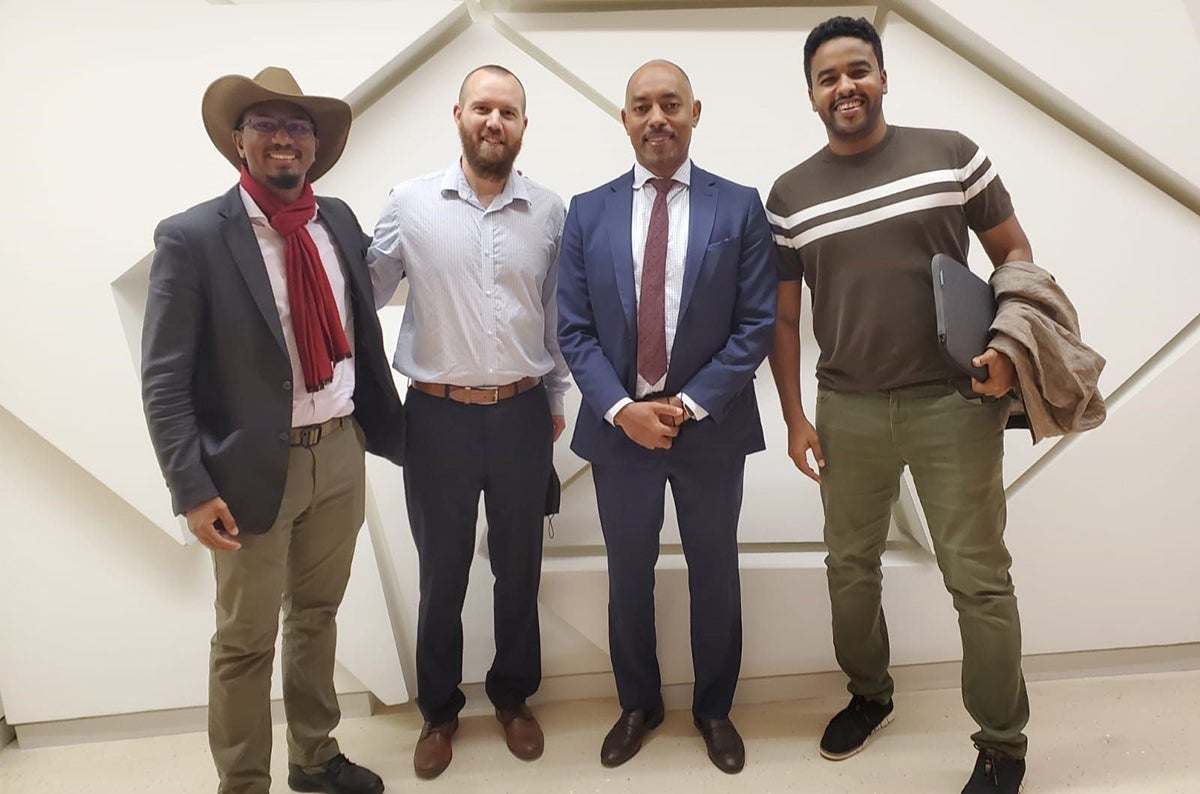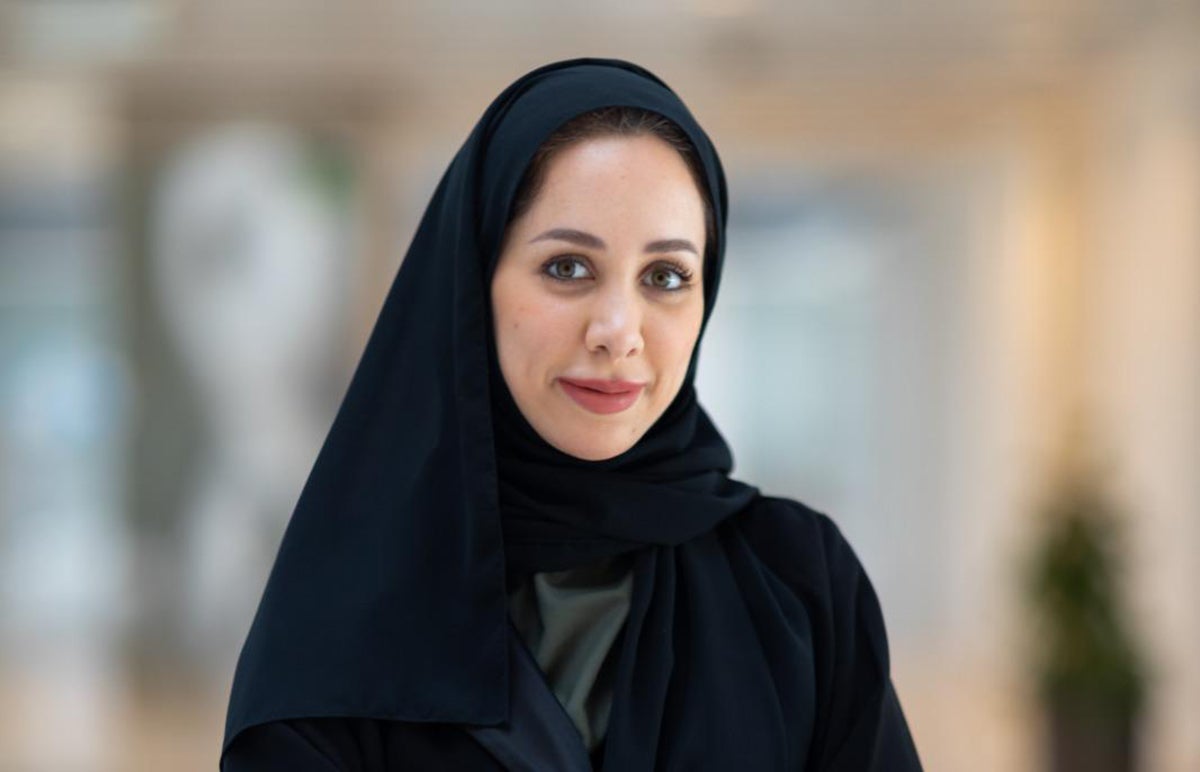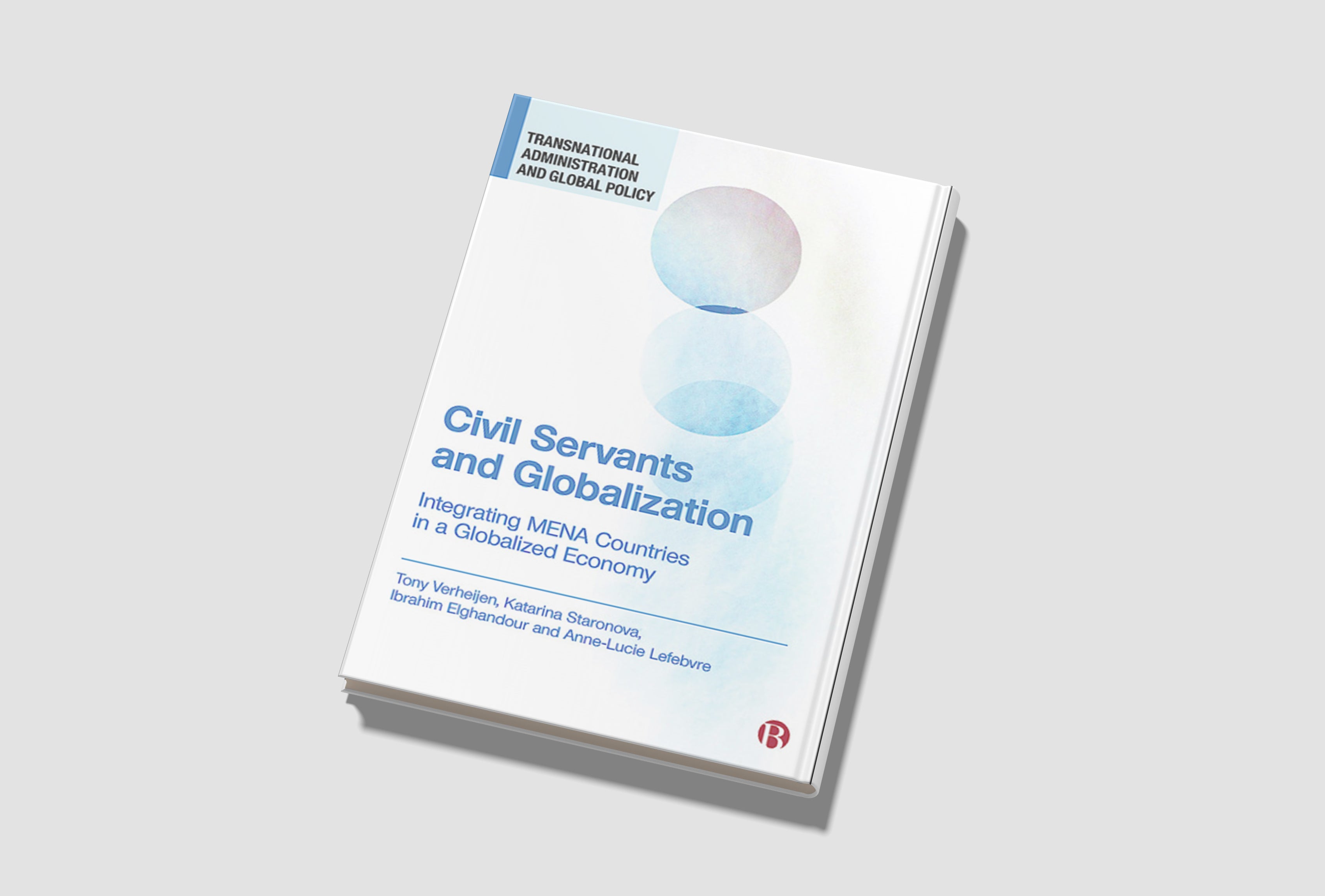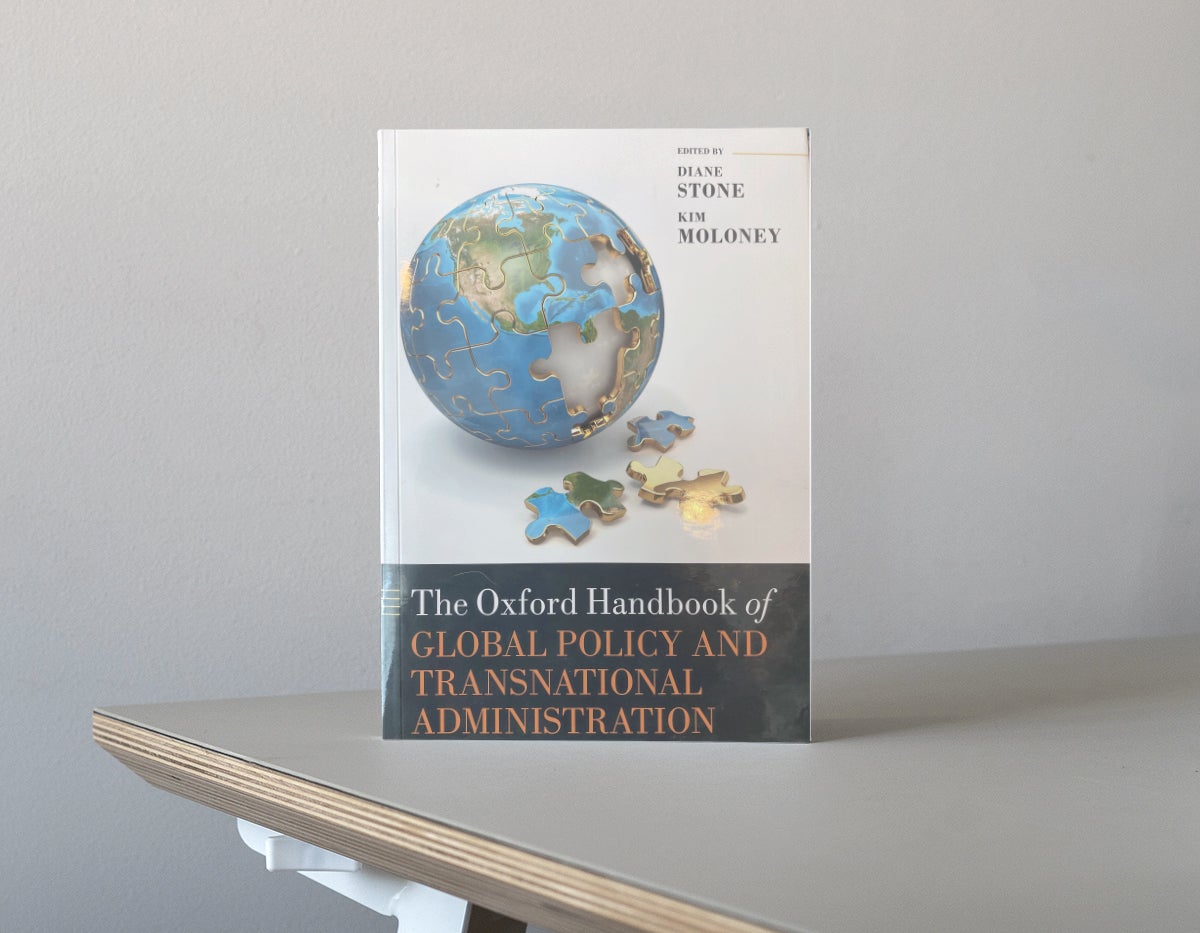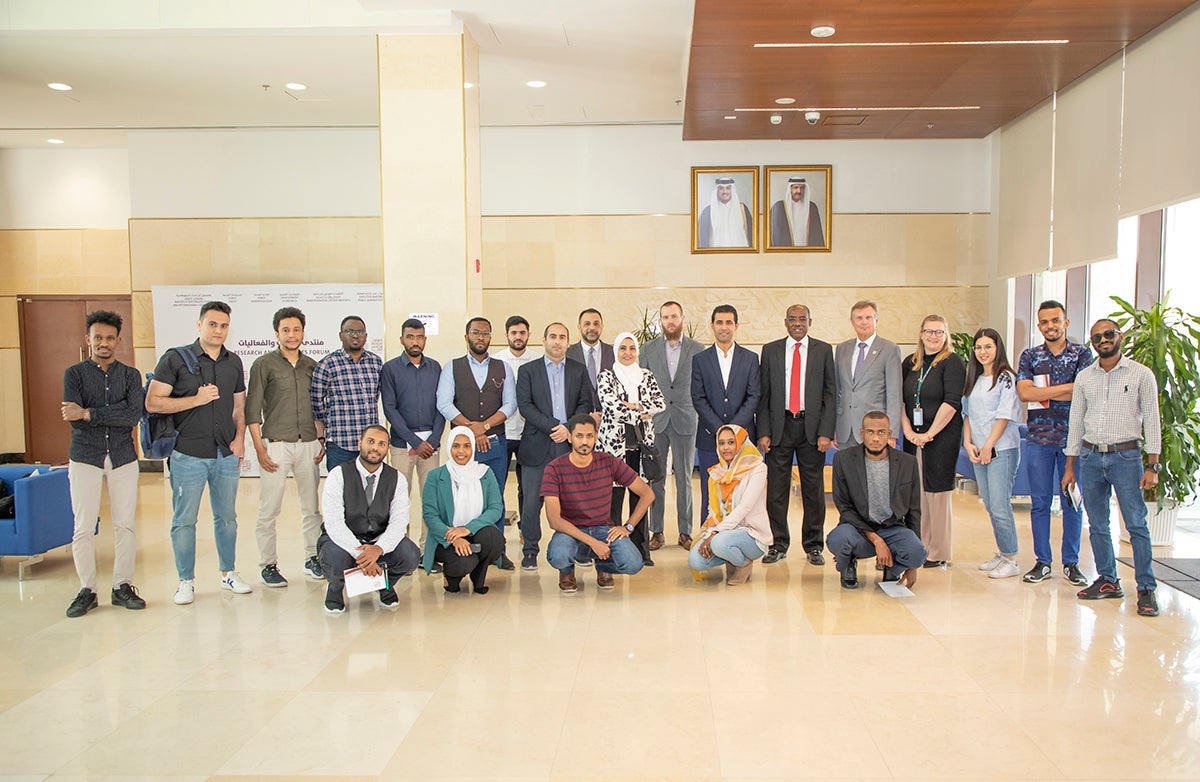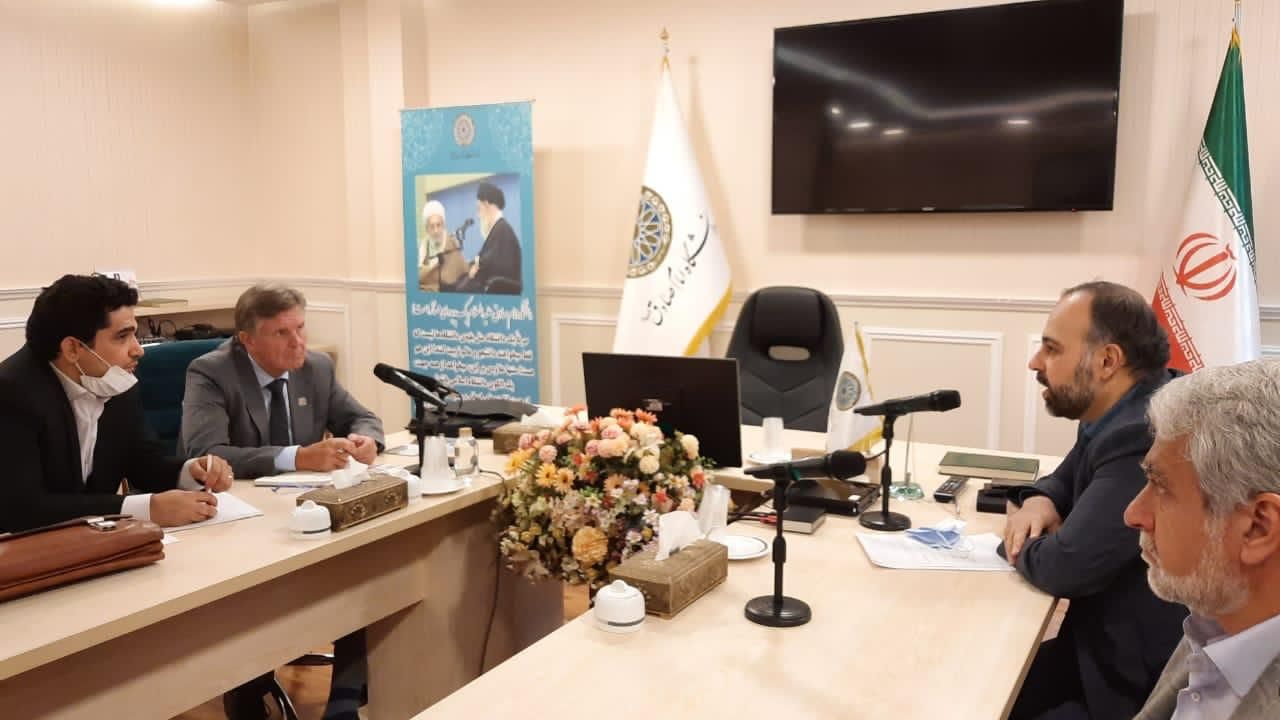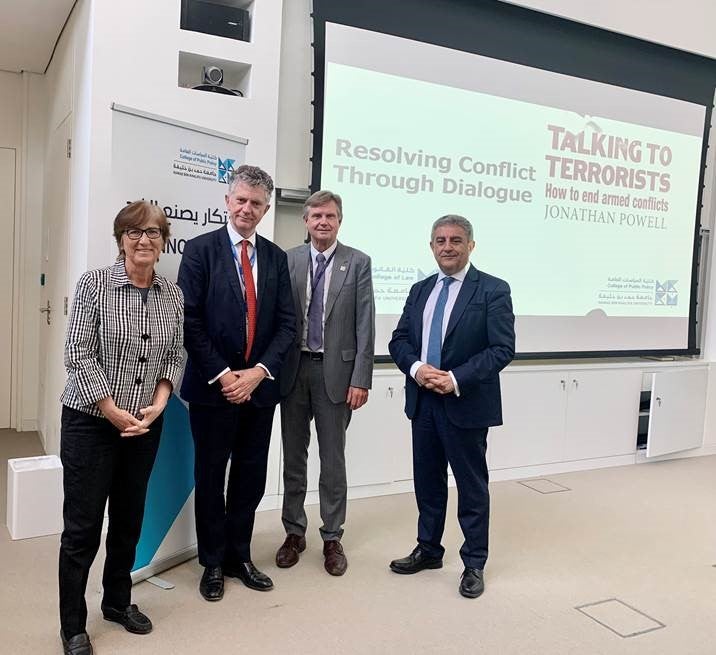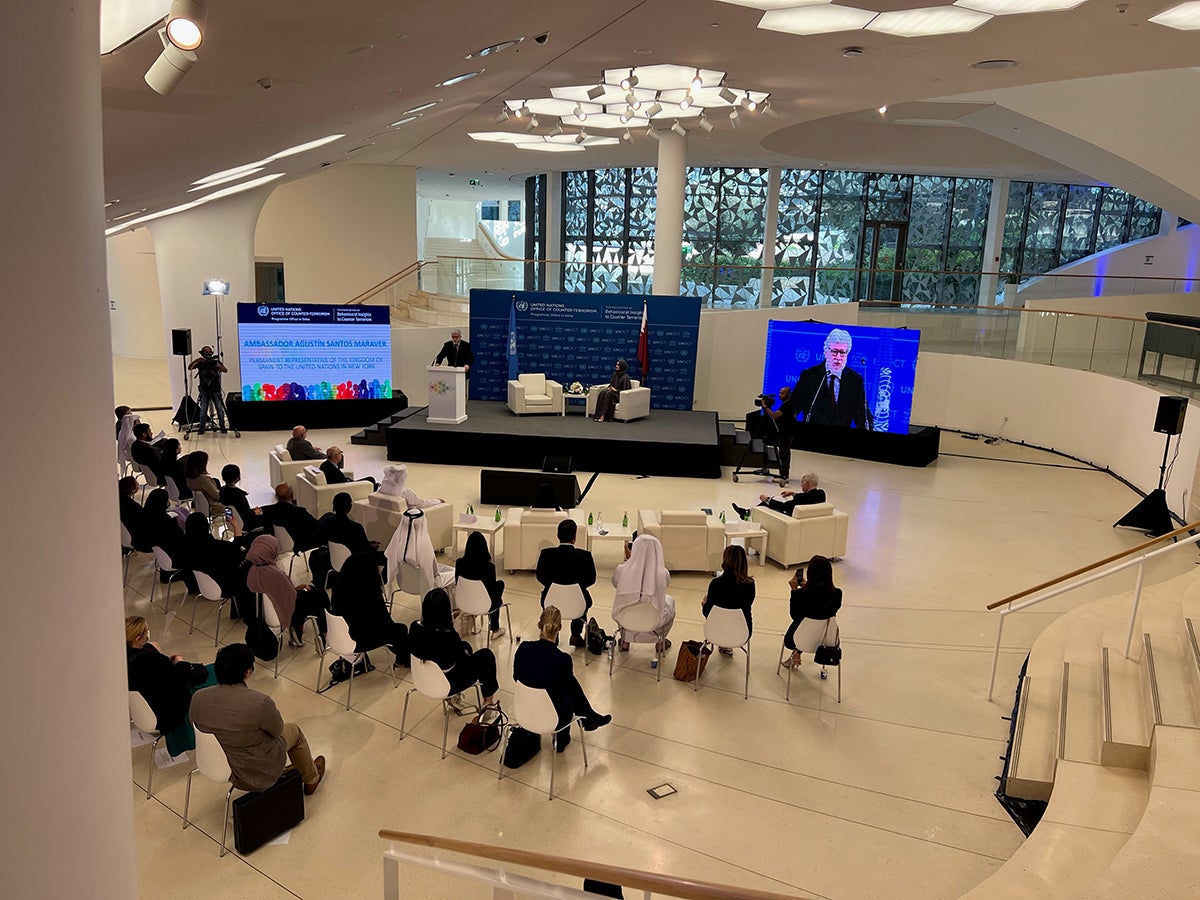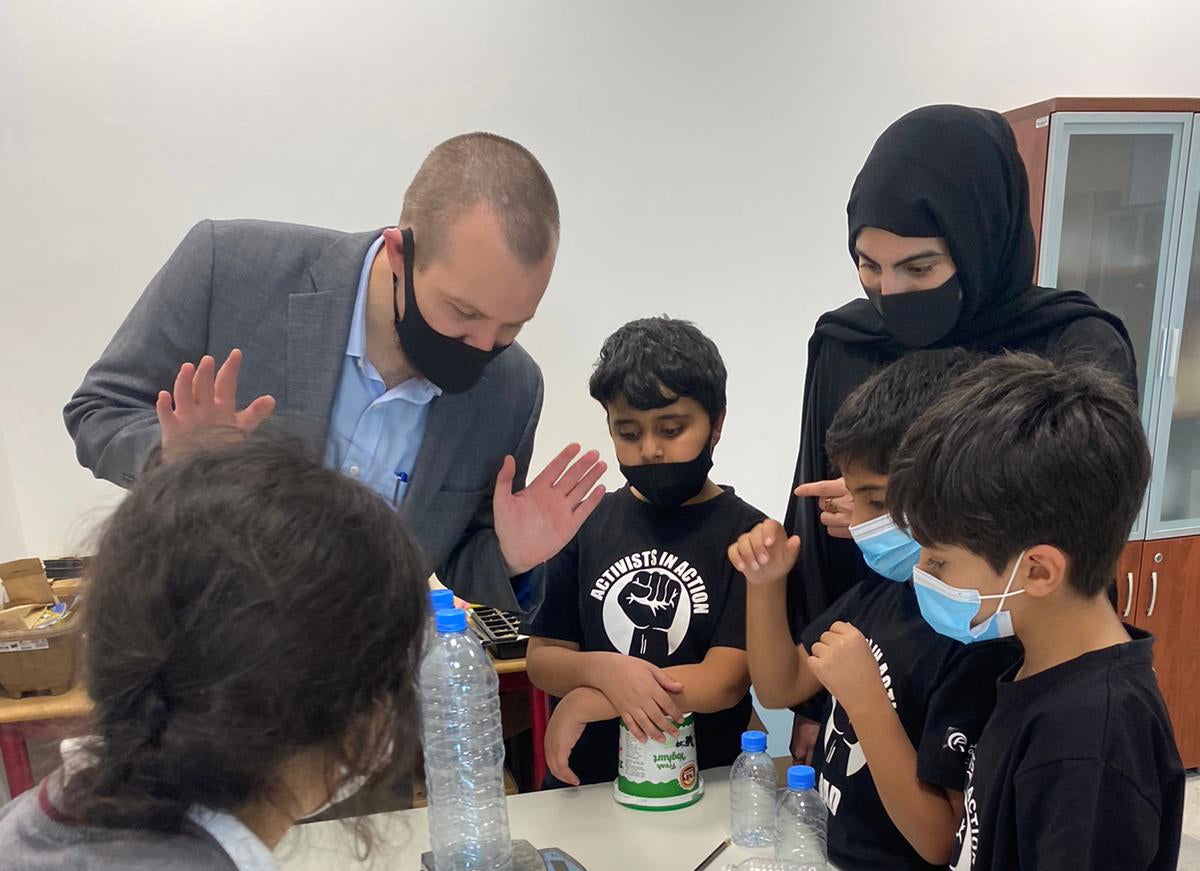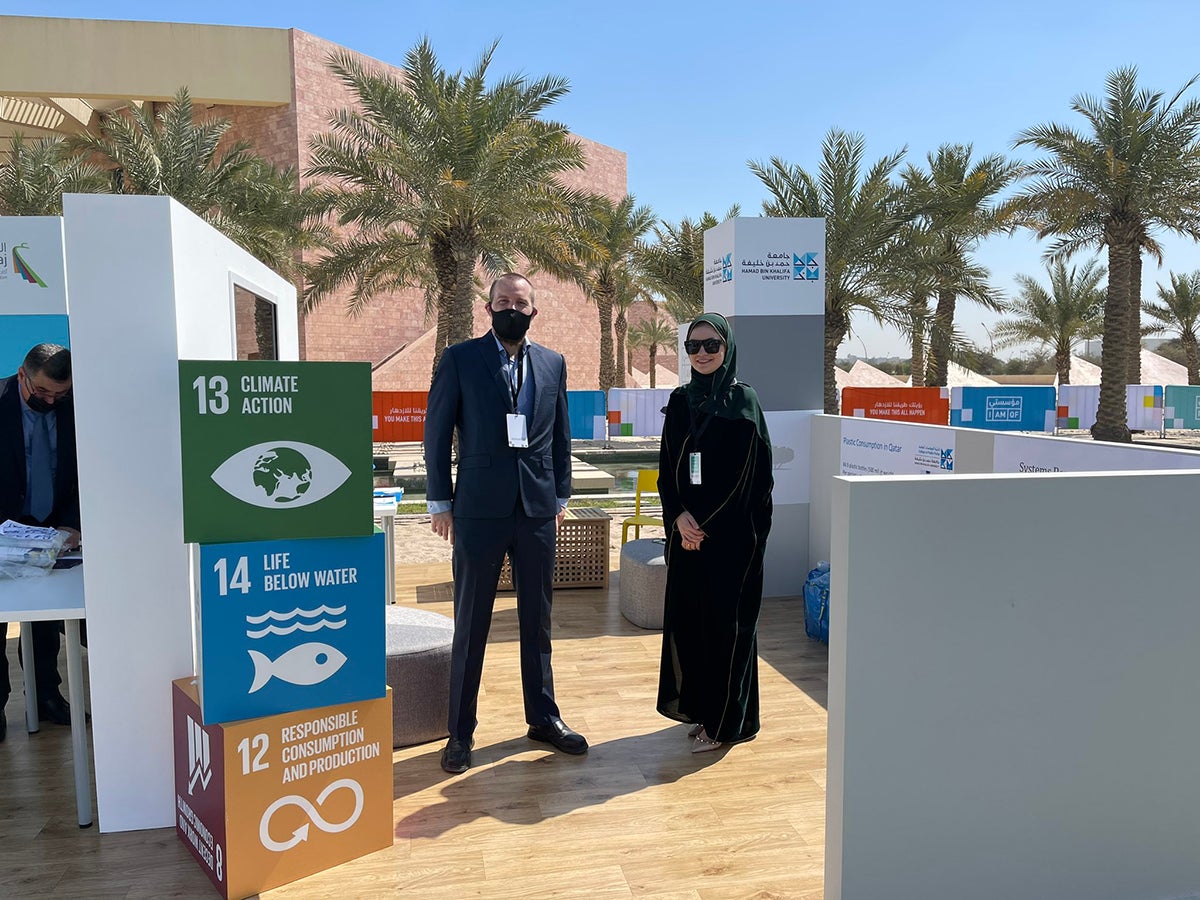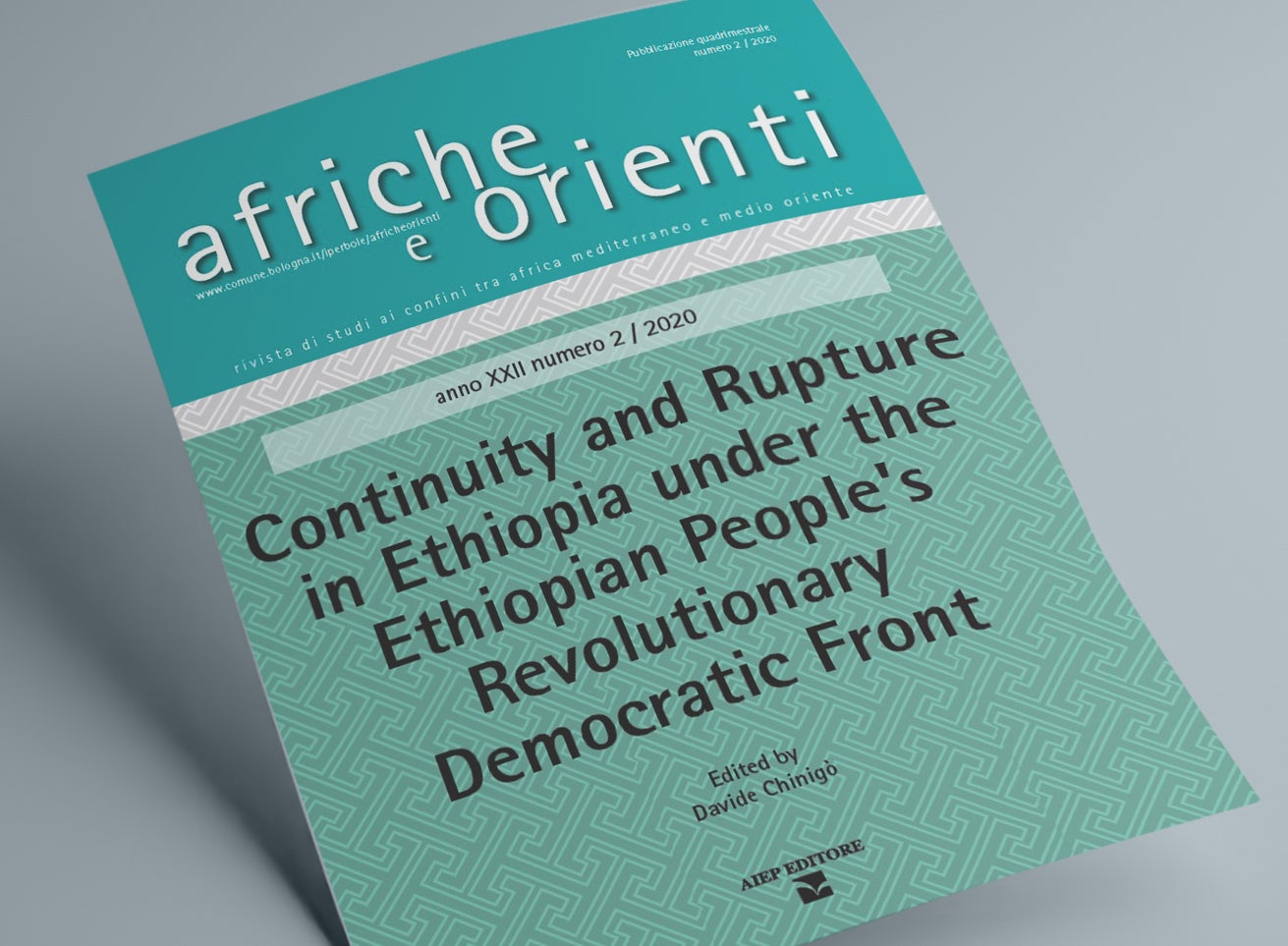
Policy Lab Presents a Gender Perspective for Female Leaders
Second College of Public Policy forum discusses impact of achieving a gender balance in public leadership
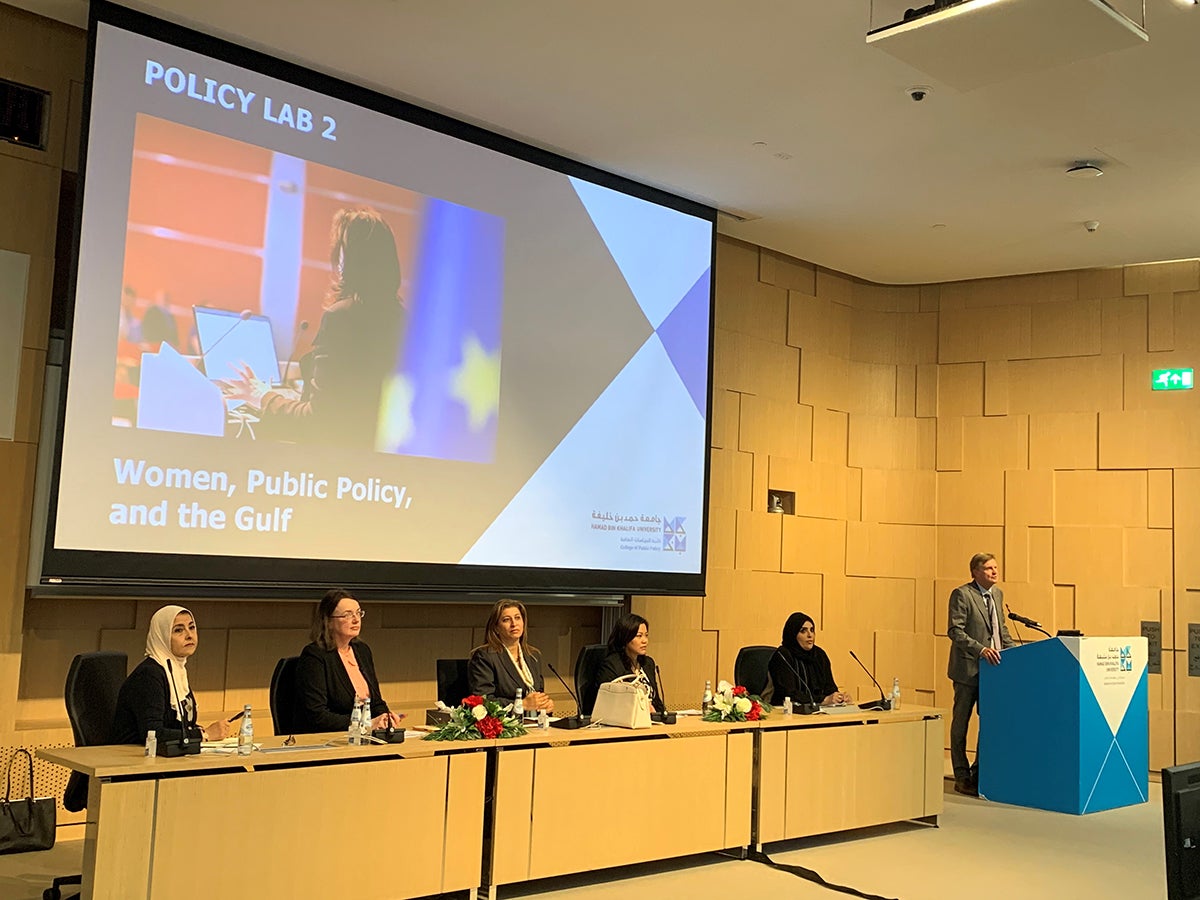
The College of Public Policy (CPP), part of Hamad Bin Khalifa University (HBKU), held its second Policy Lab on November 17, with the discussion focusing on Women in Public Leadership: Gender and Diversity.
The opening remarks, which were delivered by Dr. Leslie A. Pal, Founding Dean of CPP, set the context for a panel of leading figures in Qatar’s government, private, and public sectors to share their reflections, experiences, and lessons learned within various complex policy environments. The conversation highlighted future pathways for the region’s female public policy and public-facing leaders.
Underpinning the discussions was an analysis of how achieving a gender balance in public leadership positively impacts policy outcomes. A gender perspective on policies tackling climate change, sustainable development, and other pressing social and economic issues can also help deliver robust solutions for the impacts of these challenges.
Moderated by Dr. Kim Moloney, Assistant Professor at CPP, the Policy Lab discussions included presentations from Amal Al-Kuwari, Director of Control and Development, Administrative Control and Transparency Authority; Conchita Ponce, Founder, Doha Women Forum; Dr. Esmat Zaidan, Associate Professor, Qatar University; Prue Morris, Managing Director for Policy, Qatar Financial Centre Regulatory Authority; and Dr. Rabia Naguib, Associate Professor, Doha Institute for Graduate Studies. These presentations highlighted case studies and showed that integrating gender diversity in policy agendas contributes to institutional performance and responsiveness, as well as building trust in leadership.
Dr. Pal said after the forum: “Our Policy Lab has been able to give visibility to the challenges of bringing more diversity into public leadership. Our speakers highlighted why inclusion is important and how Qatar is making positive gains in this area. It is clear that concrete measures - including those involving education - are needed to advance those efforts in keeping with goals at the global level. Encouraging diversity among qualified professionals and future leaders entering the policy field certainly reflects our approach at HBKU and CPP.”






